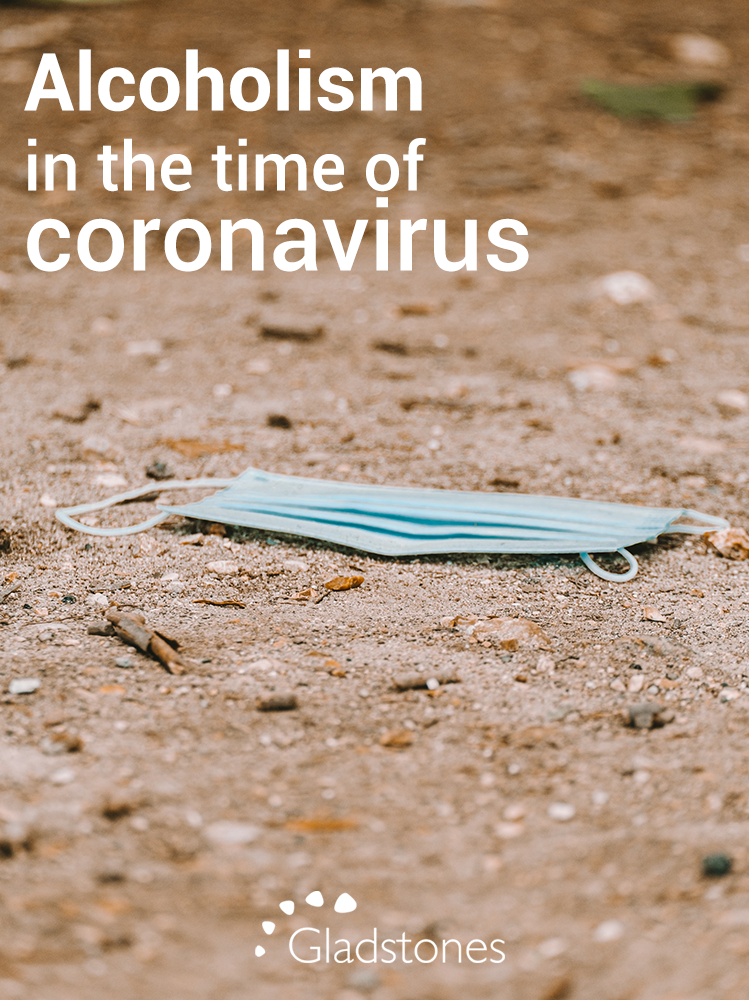In October 2020 the BBC wrote an article about alcoholism in the time of coronavirus.
Although all restrictions in England have now ceased the effects of coronavirus and those suffering with alcoholism is still relevant today.
Alcohol abuse has increased during the coronavirus pandemic with The British Liver Trust reported a 500% rise in calls to its helpline since lockdown began in March 2020. This rise in alcohol abuse hasn’t gone away because restrictions have eased but have left a lasting issue for some. This is partly due to there being no help when the lockdown period was in operation.
Some AA meetings were opened but online which meant it was hard for new people to attend. Those that were opened had restrictions on the numbers of people who could attend due to social distancing. Although with restrictions now gone and many of the support groups now running there is still a big legacy issue of people suffering with alcoholism with no support during the lockdowns.
In the BBC article Three people share their stories of dealing with alcoholism during this period.
Tracy, from Chelmsford got a doctor’s certificate so I she could spend lockdown drinking. She knew she was going to drink and get drunk and didn’t want to lose her job again.
“The lockdown, it turned out, was the worst thing that could happen to anybody, especially for the alcoholics and addicts and people with mental health issues, as we isolate ourselves”.
Joseph Harrington, from Uttlesford in Essex isolated in his flat for two years.
“It was very isolating living on my own during lockdown. I found it very difficult. My mental health wasn’t great. I just felt very isolated and trapped and lonely. I couldn’t get out the house and there wasn’t a lot of support when it first happened”.
“There were no [support] meetings, the church had been closed. It was quite an emotional time for me. Not seeing people face to face was quite a daunting experience to start off”.
“With addiction you shouldn’t isolate, the cure is connection, and when you are disconnected by it all, it is hard”.
Susan, from Basildon was living with her partner, who is an alcoholic, during lockdown. She said “It’s like looking after a toddler’.
“We have been together for 19 years and I know he is a good man. He wouldn’t choose to do this if it was a choice”.
“When he drinks, it’s literally Jekyll and Hyde. When sober, he’s a very kind, generous, loyal, funny, loving man, but as soon as he picks up a drink, his personality is the absolute opposite”.
With an increasing number of people suffering from drinking issues and with the NHS overwhelmed by referrals many people are unable to access to professional help.
If you thnk you need professional support to help with your drinking, especially if alcohol is dominating your life – this is where Gladstones Clinic can help.
Gladstones Clinic offers a residential detox and rehab programme for alcoholism that applies abstinence-based, integrative treatments and a non 12-step philosophy as part of our treatment model.
We work with alcoholics and their families on a daily basis in our residential rehab clinic. We have seen the damage done to everyone involved. We apply our years of experience with the latest integrative treatment models and therapies in our highly successful practice.
Gladstones operates two private residential rehab facilities in the South-West of England, and two in London. Our main office and facilities are located in central Bristol.
All Our clinics provide clients with a private room (en-suite) & full board included in the cost of their residential rehabilitation programme.
If you need to speak to someone right now for a confidential chat call us Freephone on 0808 258 2350 or email – help@gladstonesclinic.com
To read the full article please visit https://www.bbc.co.uk/news/uk-england-essex-53684700






